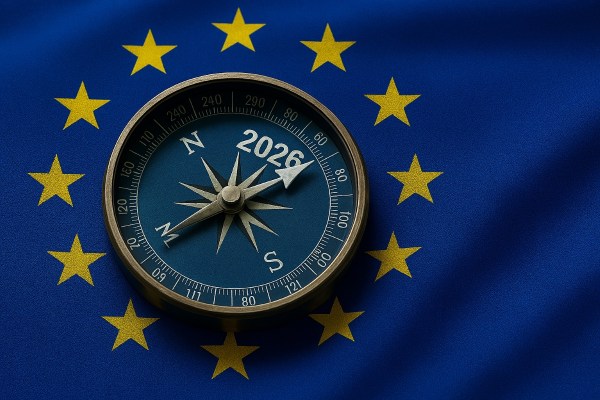We can’t build a future for our children, with a system build for our grandparents
In the context of the United Nations Summit of the Future, which took place in New York on 20-23 September, the final text of Global Digital Compact (GDC) was agreed.
The document is relevant both in terms of its content and its adoption in the context of the Summit, as it is included as an Annex to the Pact for the Future sponsored by the UN.
In general, the Pact recognises the primordial role of Human Rights and International Law in international relations, but, above all, the Pact of the Future is born as a proposal to re-found the model of international relations based on multilateralism as a basic principle to seek agreements that allow humanity to find solutions to solve the challenges we face. In this context, the role of the Global Digital Compact (GDC) is fundamental.
This is undoubtedly the first time that the digital issue has played a leading role in global governance debates and agreements. Particularly relevant is the role it confers on connectivity as a necessary condition for the progress of humanity.
Similarly, it is worth noting the consideration that technology, and especially artificial intelligence (AI), require a global governance model that allows global agreements to be reached on its use, based on multistakeholder cooperation processes.
The Global Digital Compact
The approved document is structured around 5 objectives. Two of them focus on digital inclusion and one of them is entirely dedicated to AI governance. The other two focus on the use of technology within a human rights framework and on data governance framework.
The GDC recognises the importance of gender equality, the importance of child protection in the digital environment, the positive contribution of digital technologies to sustainable development, and the crucial role that AI can play for development.
Furthermore, it stresses the need to mitigate the risks associated with the development of new technologies by establishing mechanisms for global cooperation. It recognises the need to leave no one behind on the road to human progress.
The crucial role of connectivity
Connectivity, bridging the digital divides and achieving full digital inclusion in the world are considered an indispensable condition for the progress of societies and countries. In order to achieve full digital inclusion, collaboration between all actors is considered necessary, based on respect for the rules of international law, the UN Charter, human rights instruments and the Sustainable Development Goals.
In addition, new forms of cooperation and innovative financing mechanisms involving governments, international organisations, development banks and the private sector are needed to bridge the various digital divides.
With regard to the development of the digital economy, there is a need to manage the concentration and market power of digital technologies. Regarding the governance of connectivity, the key role of the ITU in achieving full digital inclusion is recognised and the ITU and UNICEF’s GIGA project to connect schools and hospitals is highlighted.
Strengthened digital governance
In relation to governance, the suitability of multi-stakeholder processes as a form of cooperation is reaffirmed. The Internet Governance Forum (IGF) is recognised as the leading multi-stakeholder Internet governance forum.
With regard to digital trust, a series of obligations for digital companies, platforms and developers are set out, with the aim of protecting minors online, gender equality, and combating misinformation.
Another objective focuses entirely on data. Data and privacy, interoperability and data governance, cross-border data flows. This part is arguably a concession to European positions and regulatory developments on data protection.
Finally, there is a specific objective dedicated to artificial intelligence and its governance. For example, an Independent International Scientific Panel on AI will be established within the UN, as well as a Global Dialogue on AI Governance.
A Common Digital Future
Telefónica had the privilege of following the progress and collaborating during the drafting process of this Global Digital Compact. Firstly, we must commend the willingness of the co-facilitators to put in place the consultation and participation process which allowed all stakeholders to contribute. From the business sector, the commitment has been consistent.
Above all, we believe that collaboration as a principle for meeting the challenges of the digital future is the right approach. The Global Digital Compact lays the foundation for digital governance. A common digital future that leaves no one behind.








